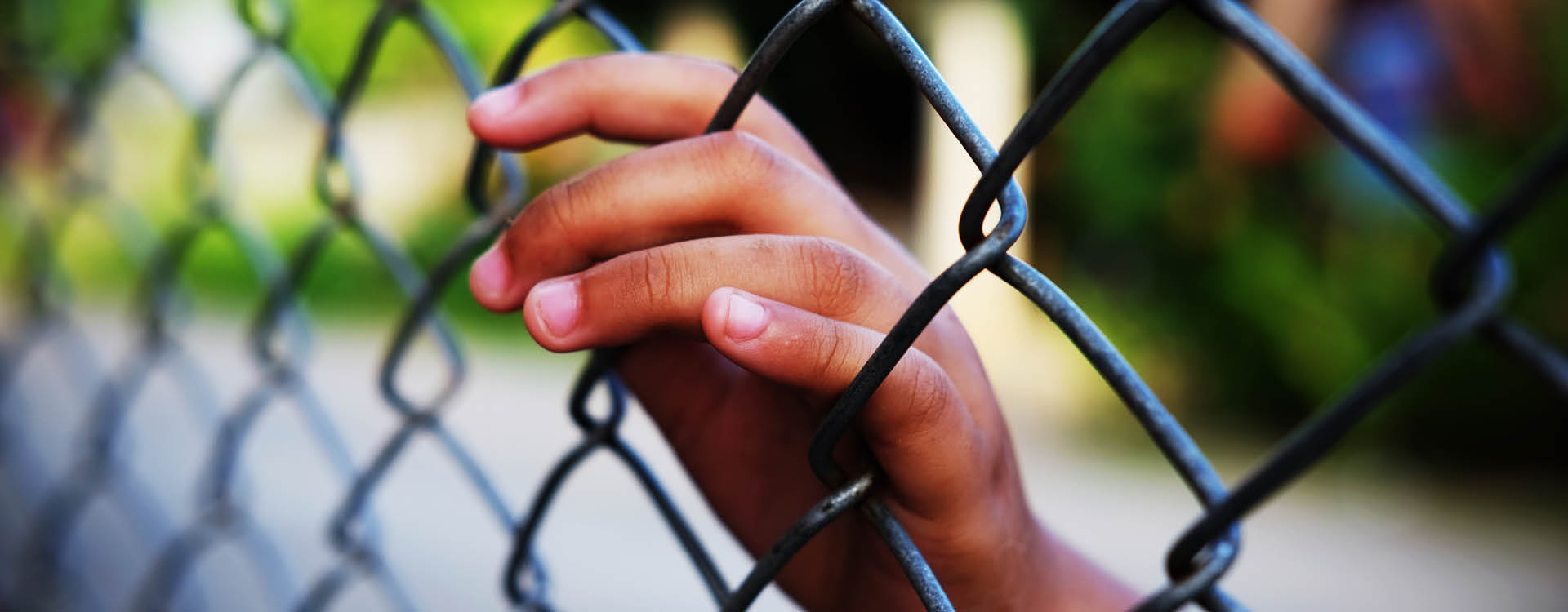COMMUNITY-BASED LEARNING IN CRIMINAL JUSTICE - SPRING 2022
In past semesters students enrolled in Dr. Aubri McDonald's Police & Society and Race, Crime, Law courses have participated in community-based projects involving interviews with criminal justice professionals, activists, and elected officials in Southeast Wisconsin and Chicago. Students have presented research regarding recent calls to 'defund' the police and the various ways COVID-19 has impacted the criminal justice system.
Students in Dr. McDonald's Spring 2022 Race, Crime, Law course partnered with the Racine County Youth Development and Care Center (YDDC). They worked in groups generating ideas and researching how other youth facilities bring Missouri Model beliefs to life. The Missouri Model is a rehabilitative approach to juvenile corrections credited with lower recidivism than other states, lower rates of assault among youth and staff and positive youth outcomes. The approach emphasizes dignity and respect and focuses on providing a humane environment, promoting positive interactions among youth and staff and encouraging family involvement and positive behavior in youth.[1]
Students integrated social science research that support positive outcomes for youth and incorporated concepts from the course into their projects. Around 90 percent of justice-involved youth report exposure to some type of traumatic event.[2] With this in mind projects will be trauma-informed and will account for the safety and security of the youth.
Research conducted for these projects will be shared with the Superintendent of YDDC and possibly incorporated into a new youth facility currently under development.
[1] Mendel, R. (2010). Missouri model: Reinventing the practice of rehabilitating youthful offenders, summary report. Baltimore, MD: Annie E. Casey.
[2] Dierkhising, C. B., Ko, S. J., Woods-Jaeger, B., Briggs, E. C., Lee, R., & Pynoos, R. S. (2013). Trauma histories among justice-involved youth: Findings from the National Child Traumatic Stress Network. European journal of psychotraumatology, 4(1), 20274.
PROJECTS
Facility Design & Aesthetic
The design of a physical space can foster critical thinking, emotional development and problem-solving in significant ways. The way a space feels has the potential to positively impact mood, behavior and outlook. This group looked into the physical environment in the youth facility and researched how the design and aesthetic (ie, lighting, paint, textures) of a youth’s living space and common areas in the facility can contribute to positive outcomes for youth.
Peer & Staff Relationships | THU, APR 28 | 11 AM-12 PM
Relationships are critical to change. This group focused on relationships with staff and peers that promote healing and skill development. Students researched staff strategies for rapport-building with youth and collaboration among youth such as daily group meetings and experiential group projects to promote youth development and social-emotional competence.
Family Engagement | TUE, MAY 3 | 11 AM-12 PM
The family is vital in the treatment process and are key to long-term success. This group researched the benefit of family participation in a youth's treatment process and how family engagement can facilitate change for the youth. This group will look into ideas for family engagement activities in the facility.
Rewards Systems | THU, MAY 5 | 11 AM-12 PM
Incentives inspire positive behavior in youth and help youth develop responsibility and build skills. Young people respond better to rewards than they do to threats of punishment. Rewards systems recognize that youth are still developing a capacity for longer-term forward thinking and gives them practice with working toward and achieving short-term, manageable goals. This group researched potential family engagement activities for the facility.
COMMUNITY BASED LEARNING (CBL)
Community-based learning (CBL) is an opportunity for students to apply their knowledge and skills to real-world experiences while serving their communities. For these projects in particular, students advanced discourse with members of the community to enhance their understanding of timely and prominent issues. CBL projects promote civic engagement, help students develop leadership skills, and provide networking opportunities within the community.
